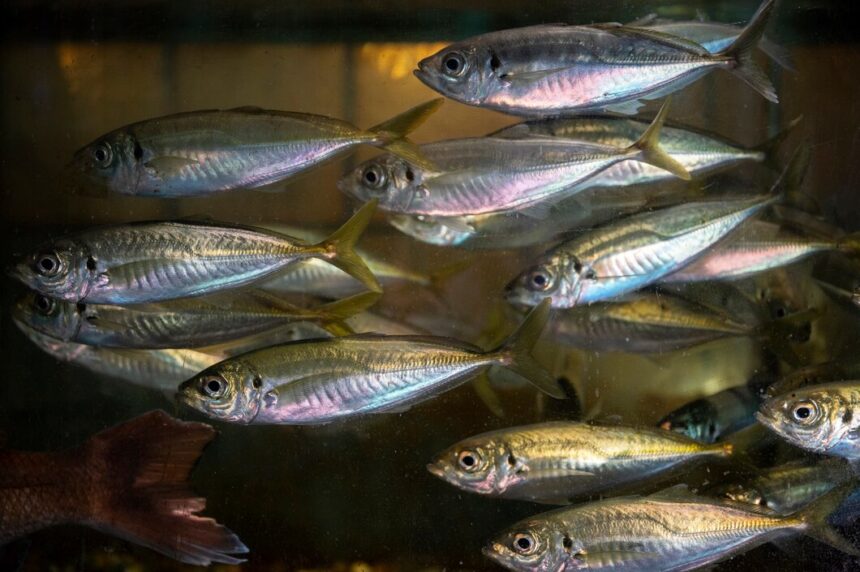Sustainable fish farming, or aquaculture, is crucial for maintaining healthy marine ecosystems and ensuring food security in South Africa. Here are ten ways to promote and advance sustainable fish farming practices in the country:
- Adopt Eco-Friendly Feed Practices: Utilize sustainable feed sources, such as plant-based or by-product feeds, to reduce reliance on wild-caught fish. This helps minimize the impact on ocean ecosystems and promotes resource efficiency.
- Implement Integrated Multi-Trophic Aquaculture (IMTA): Integrate different species in a single farming system, such as fish, shellfish, and seaweed. This method enhances nutrient recycling, reduces waste, and improves overall farm sustainability.
- Promote Recirculating Aquaculture Systems (RAS): RAS technology allows for closed-loop water systems that reduce water usage and waste, improving efficiency and minimizing environmental impact.
- Support Certification Programs: Encourage fish farms to obtain certifications from reputable organizations like the Marine Stewardship Council (MSC) or the Aquaculture Stewardship Council (ASC). These certifications ensure adherence to sustainable and ethical practices.
- Enhance Research and Development: Invest in research to develop new technologies and practices that improve the sustainability of fish farming. This includes breeding programs for disease-resistant fish and innovations in waste management.
- Improve Farm Management Practices: Adopt best practices for farm management, including proper stocking densities, regular health monitoring, and effective waste treatment. This helps prevent disease outbreaks and minimizes environmental impacts.
- Encourage Responsible Site Selection: Choose farm locations that minimize disruption to natural habitats and local communities. Avoid placing farms in sensitive or protected areas to preserve biodiversity and ecosystem health.
- Promote Community Engagement and Education: Work with local communities to raise awareness about sustainable fish farming practices. Educate farmers, consumers, and policymakers about the benefits of sustainable aquaculture and its role in food security.
- Regulate and Monitor Aquaculture Activities: Implement and enforce regulations that ensure fish farming operations adhere to environmental and ethical standards. Regular monitoring and inspections can help detect and address potential issues early.
- Foster Collaboration and Knowledge Sharing: Encourage collaboration between government agencies, industry stakeholders, and research institutions to share knowledge, resources, and best practices. Collaborative efforts can drive innovation and support the development of sustainable aquaculture practices.
By adopting these strategies, South Africa can advance sustainable fish farming practices that protect marine environments, support local economies, and ensure a reliable source of seafood for future generations.
Join 'Farmers Mag' WhatsApp Channel
Get the latest Farming news and tips delivered straight to your WhatsApp
CLICK HERE TO JOIN






